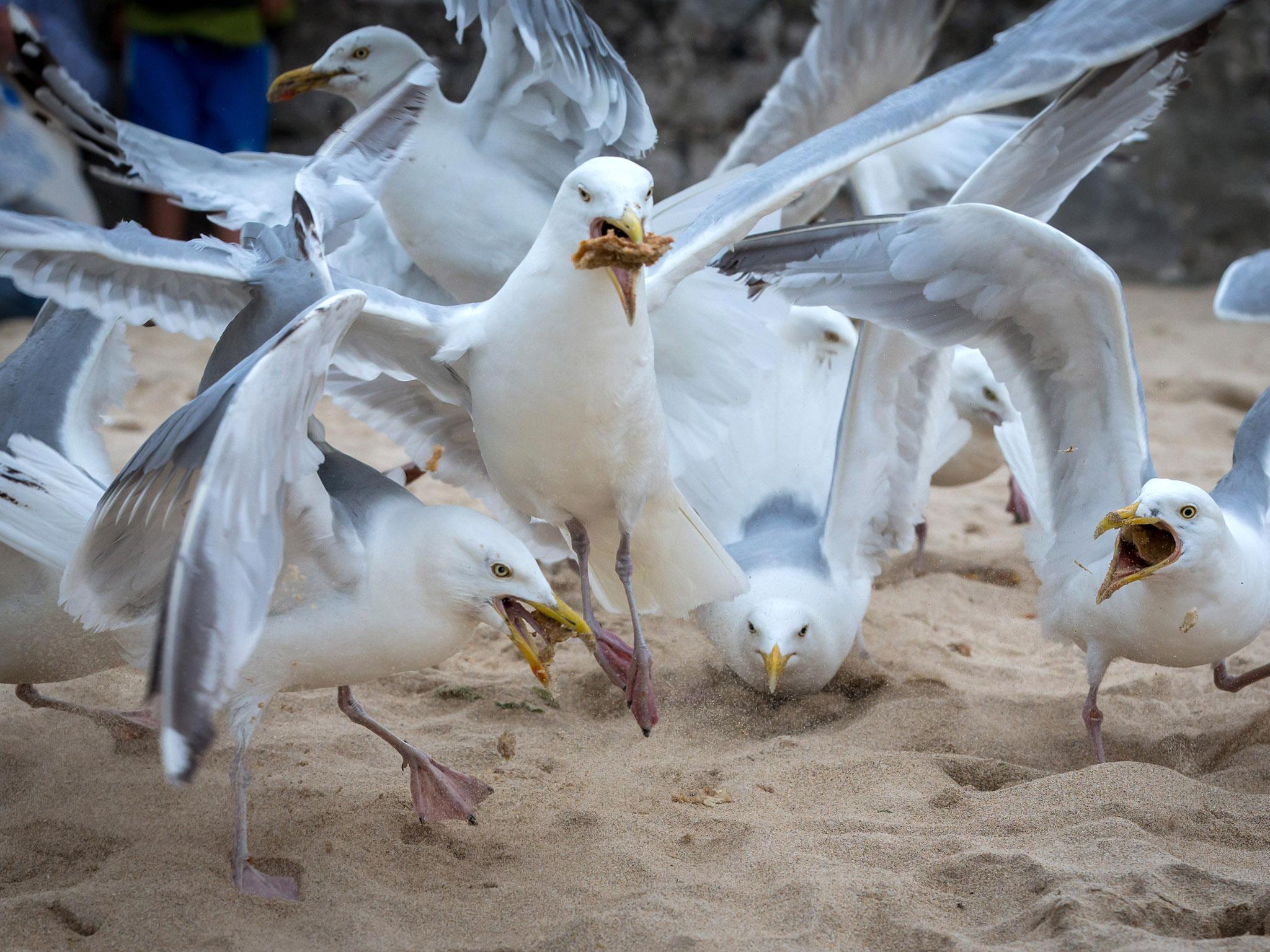Dorset Police launch crackdown on criminal gangs stealing gulls eggs to sell to restaurants
Lucrative illegal trade threatens endangered bird species and public health

Police in Dorset have launched a crackdown on the theft of seagulls’ eggs by poachers who sell them to top-range restaurants.
Organised gangs are believed to be stealing hundreds of eggs a year from the bird’s nests. Black-headed gulls’ eggs are considered a culinary delicacy and are served in many of London’s gourmet restaurants, often with asparagus.
In response to a spate of poaching incidents, Dorset Police have established a new team of officers from its marine section. They will patrol the uninhabited islands off Poole Harbour where many of the gulls nest and lay their eggs.
The work will be supported by the Metropolitan Police, which will help ensure that eggs being bought by London restaurants are responsibly and legally sourced.
Under UK law, harvesting of black-headed gulls’ eggs requires a license. Only around 20 people have been licensed to collect eggs at five sites across the country. These do not include Poole Harbour or anywhere else in Dorset.
Eggs sold legally retail for around £7 and the lucrative trade means many are being illegally collected. Poachers often mistake the black-headed gulls’ eggs for those of the Mediterranean gull – a protected species. Many of the eggs being illegally sold may not be safe for human consumption, according to experts.
The clampdown has been organised by Dorset Police in conjunction with the charity Birds of Poole Harbour.
Police officer Joel Brooks said: “Having a marine section gives us a waterborne capability to patrol these hard to reach areas meaning we can carry out night and day surveillance operations.”
Paul Morton, who works for Birds of Poole Harbour, said: “Mediterranean gulls have the highest level of protection under the wildlife and countryside act, meaning it is highly illegal to interfere with their nests or eggs.”
Join our commenting forum
Join thought-provoking conversations, follow other Independent readers and see their replies
Comments
Bookmark popover
Removed from bookmarks